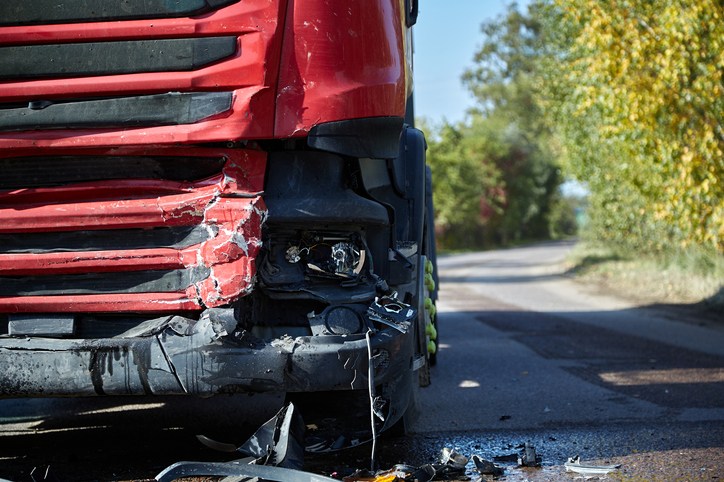At first glance, a truck accident may seem like just another motor vehicle crash. But in the eyes of the law, collisions involving commercial trucks are not the same as accidents between two passenger cars. From liability rules to federal regulations, truck accidents are governed by a much more complex legal framework. Understanding these differences can help victims recognize why legal support is often essential after a collision with an 18-wheeler or other large commercial vehicle.
The Scale of Damage
One of the most obvious differences is the sheer scale of the damage. A fully loaded semi-truck can weigh up to 80,000 pounds under federal law, compared to a 4,000-pound passenger car. According to the Insurance Institute for Highway Safety (IIHS), this weight disparity means that when a large truck collides with a smaller vehicle, the occupants of the car are far more likely to suffer catastrophic injuries or death.
Because of this, courts and insurance companies often view truck accidents as inherently more serious. This affects how claims are evaluated, the compensation available, and the length of time cases may take to resolve.
Multiple Parties May Be Liable
Car accidents usually involve two drivers, and liability is often a matter of determining who was at fault. Truck accidents are more complicated. Responsibility may fall on:
-
The truck driver
-
The trucking company (for hiring, training, or supervision practices)
-
The company that loaded the cargo
-
The manufacturer of defective parts
The Federal Motor Carrier Safety Administration (FMCSA) enforces regulations on driver hours, vehicle inspections, and cargo securement. Violations of these rules can shift liability from the driver to the company or another party entirely. This multi-layered liability makes truck accident cases more complex than standard car crash claims.
Federal and State Regulations
Car drivers primarily follow state traffic laws. Truck drivers, by contrast, are subject to both state laws and a thick layer of federal regulation. Hours-of-service rules dictate how long truckers can drive before resting. Weight limits control how much cargo they can haul. Maintenance logs, safety inspections, and mandatory record-keeping create a paper trail that can make or break a legal claim.
This means that after a truck accident, attorneys must not only investigate traffic violations but also review logbooks, black box data, and compliance with FMCSA regulations.
Insurance Coverage Differences
Another key distinction lies in insurance. Passenger vehicles carry policies that may cover thousands to hundreds of thousands of dollars. Commercial trucks, however, are required by law to carry much higher minimum liability coverage, sometimes reaching into the millions depending on the type of cargo.
While higher coverage can mean more funds for victims, insurance carriers are also far more aggressive in defending claims involving commercial trucks. These companies employ experienced adjusters and legal teams to minimize payouts, making it much harder for victims to recover full compensation without skilled representation.
The Long-Term Impact on Victims
Because truck accidents so often result in severe injuries, the long-term consequences are usually greater than those from car accidents. Victims may face lifelong medical treatment, lost earning capacity, and significant emotional trauma. According to the National Safety Council (NSC), the average economic cost of a large-truck crash involving a fatality exceeds $12 million.
These staggering costs highlight why courts and insurers treat truck accidents differently and why the stakes are so high for the families involved.
Final Thoughts: Why Legal Help Is Essential
Truck accidents are not just “big car accidents.” They involve multiple parties, federal regulations, higher insurance limits, and often devastating injuries. For victims, understanding these distinctions is the first step — but navigating them requires professional support.
In Colorado, where busy interstate corridors like I-25 and I-70 see heavy truck traffic year-round, these cases are especially complex. That’s why many crash victims in Denver turn to experienced Denver, CO truck accident attorney team who know how to investigate, build strong claims, and hold powerful trucking and insurance companies accountable.

